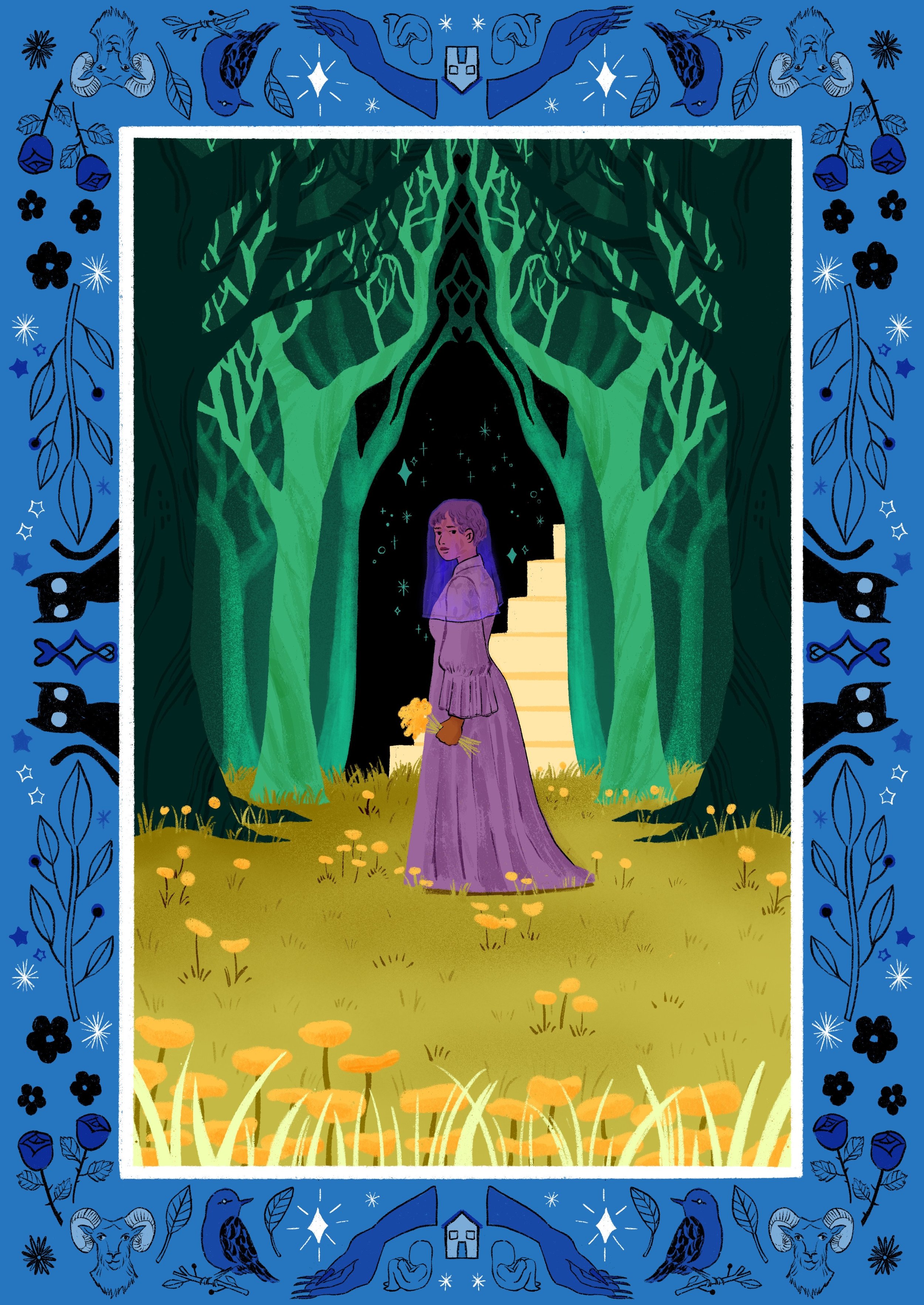
Leon Priestnall (26.03.1987 – 19.01.2021)
Copyright Bernard Davis, 2015
Copyright Bernard Davis, 2015
Leon Priestnall was a writer, a mentor, a son, a dear friend, and much more. For listeners, readers, and writers of poetry in the West Midlands poetry community it has been a year of mourning made more difficult by the distance of lockdowns and the cessation of live poetry events that were the hearth around which we gathered.
Leon asked that we remember him as he was.
In the concluding paragraph of one of his sermons, the 17th century English preacher and poet, Robert South said, ‘If there be any truer measure of a man than by what he does, it must be by what he gives’. Measured by what he gave to his community, Leon was inarguably a titan.
He was introduced to spoken word at the age of sixteen and through organizing, hosting, writing, and programming events he became a guiding force at one point or another to the likes of Jasmine Gardosi, Casey Bailey, Beth Rowley, Sean Colletti, Nafeesa Hamid, Bethany Slinn, Jack Crowe, Jonah Corren, Clive Oseman, TrueMendous, Sam Grudgings, Jamie Thrasivoulou, Lexia Tomlinson, Scarlett Ward, Sophie Sparham, Tom McCann, Hannah Swingler, and Spoz, alongside many other poets including myself.
Birmingham’s place on the map of contemporary British poetry is in no small part thanks to its performance poets and all of the writers and performers mentioned continue to shape the poetic voice of the West Midlands for a generation. The progress of these poets, their development of form, skill, and scope, from stage to stage was for years supported through the opportunities, guidance, and friendship of Leon.
His life, his work, and his difficult living drew comparisons to writers he was influenced by and whose style and idiom he played with such as Bukowski, Jacques Prévert, or Sexton, and while Leon was entirely himself, having already established his reputation as the ‘bard of Bennetts Hill’, it’s difficult to shake the notion that he could have been as great. His work on the stage was growing in its complexity, craft, and heft. He featured on BBCWM year after year for National Poetry Day, spoke verse on Radio 1Xtra, and was often an informal ambassador for the community.
Leon’s most quoted and celebrated poem ‘The Sun on the Hill’ (aka ‘The City’) is an unapologetic ballad, an Ernie Barnes, Juliusz Lewendowski-esque frenetic ensemble of the denizens of the city’s drinking establishments: ‘A pseudo-intellectual rambles philosophy/ he’s Aristotle with a bottle/ babble louder than the music, / stream of consciousness full throttle.’ It is a poem that channels Tom Waits ‘Drunk on the Moon’ and The Streets’ ‘Weak Become Heroes’; everyone and no one is here at the bar and the poet is there to introduce you to the characters and their stories.
The poem delivered in its entirety was the opening salvo at the mic at every edition of Howl, the night Leon co-founded first in The Sun at the Station in Kings Heath, then moved to The Dark Horse pub in Moseley. It was a stage that was the first real set of many poets’ careers. A night where first-time open mic poets got to perform alongside award-winning or established figures like Buddy Wakefield, Joelle Taylor, Luke Wright, Polar Bear, Dizraeli & Sabrina Mahfouz. Howl became Birmingham’s de facto flagship poetry night and it did so independently and organically. The front two rows were the place to be if you were a poet in the city serious about performance, pushing the boundaries of your writing and hearing other work that would challenge you.
Leon was a passionate fan of hip hop, drawing little distinction between, say, Mos Def and Kerouac. Lyricism was lyricism. In 2018, nicotine compelling us both out into the cold, we were enjoying a smoke in the interval of November’s Howl and segued from a conversation on the artist Dizraeli—I had missed his debut at Howl in May that year and would never really comprehend what I had missed—to the news that Kendrick Lamar had won the music Pulitzer for DAMN. It was the sort of win I had considered impossible despite my lifelong appreciation for the poetics and technicality of hip hop and its shining lights. I remember Leon’s response was simply ‘about time’.
There was much in his life Leon couldn’t control. I hesitate to write about his pain as it’s neither my place nor my wish to go into the details of his personal tragedies or his difficulties with mental health. He continued to write, create, and share his work through his grief and struggles. He continued to be as present as he could in the poetry community both in person and online during the pandemic. It was in this frenetic period of online communication that he mentioned the working title for a potential second collection: We Are All Anarchists Now.
We are lucky to have one print collection from Leon. I would say to anyone who didn’t know him and wishes to that there is no better introduction to both the poet and the person than Bennett’s Hill Blues. The book finds Leon as chronicler, confessor, and romantic. His verse is designed to be heard; its acoustic qualities perfect for his delivery style. He would lock eyes from the stage, giving you the experience of a poem halfway between a hug and a hand grenade.
Leon was a compassionate, difficult, attentive, colloquial, and lyrical poet. His polemic, however acerbic, was always blended with a healthy dose of self-criticism, often alongside a streak of nihilism. In ‘The Deep Down Whatever It Is’ he wrote, ‘I’ve watched music videos turn to pornography / quicker than politics turns to arguments / or a handshake can turn into a fist fight / If I’m honest I don’t really give a shit / as long as I can ignore it / and the lighting is just right’. I love this poem, the way it harkens back to complex and contradictory poets like Bukowski and Ginsberg who seemed to capture and critique the conflicted and broken nature of society and the self.
Bennetts Hill Blues had Leon turning his attention away. He often approached the self through the lens of others and in that way, he wrote absolutely as he lived. In ‘Johnny’, ‘He stands tall/ in the whirlwind at the worlds end/ his hand through his hair, his eyes on your girlfriend/’ leads to: ‘No, no man honestly could say / that they / wouldn’t wannabe Johnny for the day. / The way he dresses,/ impresses,/ and eases those stresses with grace, / so why / do I / want to punch johnny in the face?’ Leon’s characters are mirrors we can use to see him better, masks he used for his own self-examination. This is confessional verse, sure, as is the case with most spoken word poetics but what set Leon’s work apart was that deliberate choice to approach the self obliquely when so few of his contemporaries were doing so.
It is easy for a young poet to do what works to create the easy feeling, write work that garners applause and follow the poetics of their peers. Bennet’s Hill Blues is a collation of a decade of poetry from 2007 to 2017 and some of the earlier work had been on the mic for years before it was on the page. For a poet that young to foreground character-driven narratives rather than the confessional ‘I’ was radical in a poetic school so intensely bound in introspection as spoken word can be.
Leon will be remembered for the choices he made that strengthened and brought light to our community, improved craft, and made things better. He chose at every opportunity he could to benefit those around him. Bennetts Hill Blues is his first published work, a milestone for any poet and yet he chose to give space in its pages to showcase the work of other poets. The back pages of Bennetts Hill were given to the exceptional Jack Crowe and Scarlett Ward Bennett in the hope of bringing their work to the page and to a wider audience.
This was a precedent followed by several Birmingham poets in his wake, a sort of unwritten rule to use space in collections or the galvanized crowd of book launches to elevate others. In a time that demands the poet be a public personality, their own marketing department, doing everything to draw attention to themself, Leon chose to step past the solipsism and make his triumph once again a triumph of the community. That is the man he was.
Always be inclusive—we always achieve more together in community, through teamwork. As individuals we may differ and have alternative views but this is the very reason community, and true democracy, is so important. Whether the classroom or the boardroom, those who wish to make an elite and exclude others are usually insecure about themselves. Together, we achieve. Divided, we spend too much focusing on our differences and trying to flatter our own egos to achieve anything. Inclusion, participation, free expression, and democracy are key.
– Leon Preistnall (3rd October 2015)
A memorial page for Leon is live here.
Adrian B. Earle
March 2022


